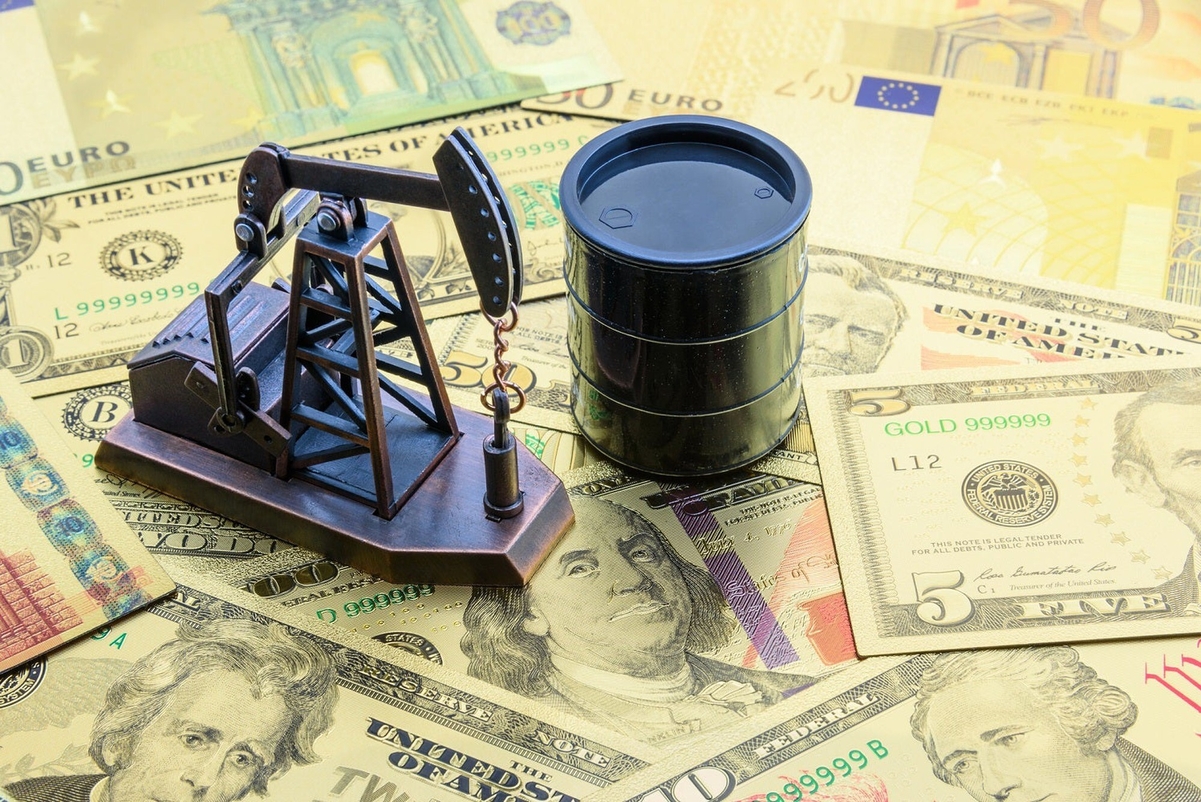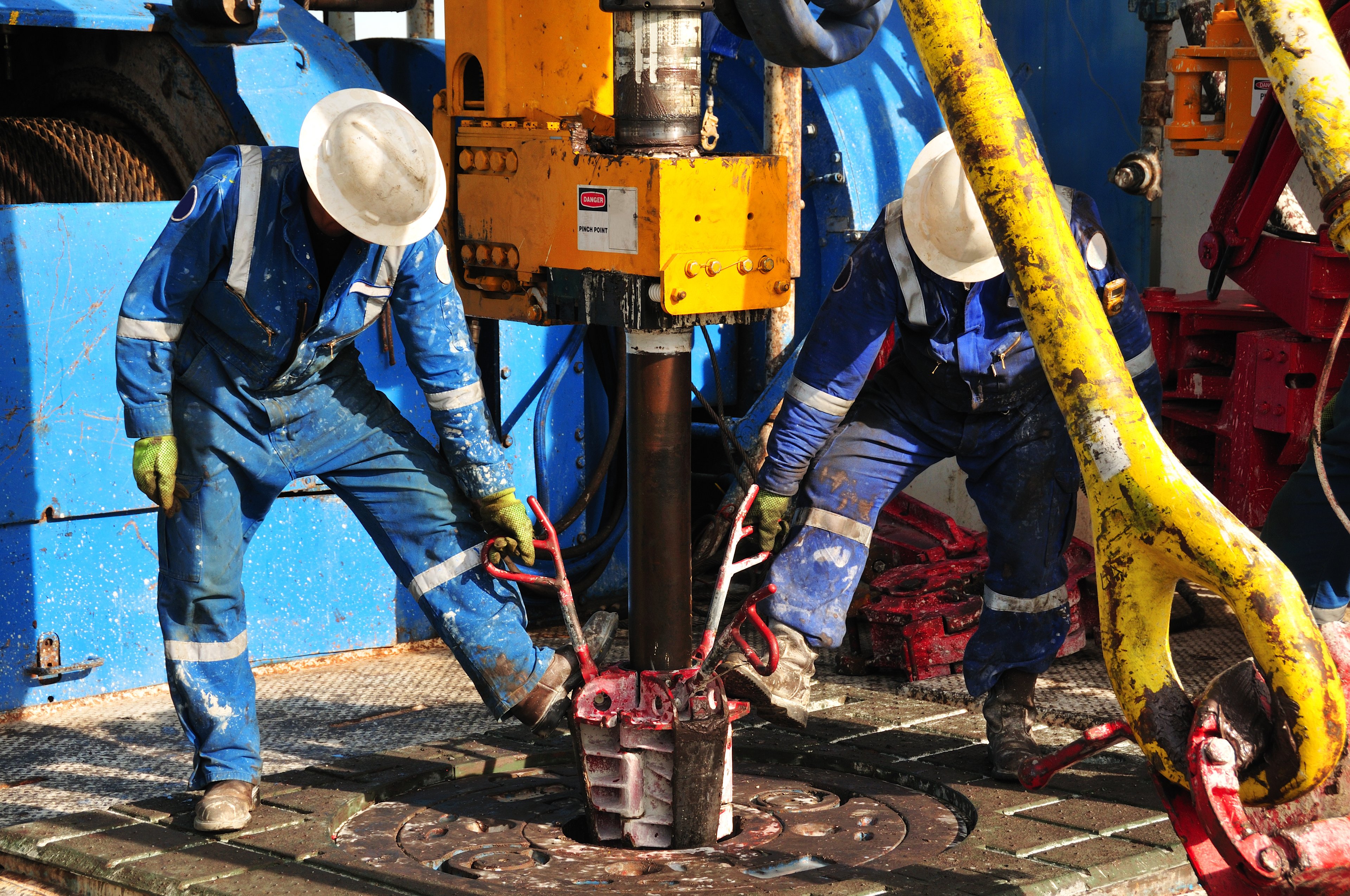Devon Energy (DVN 0.33%) ended 2019 on a high note with fourth-quarter oil production that came in at the high-end of its guidance range. The oil company also continued to keep a tight lid on costs, allowing it to generate a gusher of free cash flow that it plans to send down the pipeline to its shareholders.
Devon Energy's fourth-quarter earnings
|
Metric |
Q4 2019 |
Guidance or Expectations |
|---|---|---|
|
U.S. oil production |
160,000 BPD |
154,000 to 160,000 BPD |
|
Core earnings per share |
$0.33 |
$0.33 |
Data source: Devon Energy. BPD=barrels of oil per day.
Devon's U.S. oil output surged 28% year over year to 160,000 barrels per day. Fueling that result was its position in the Delaware Basin. Total output in that region spiked 82% year over year, thanks in part to 36 high-impact wells the company completed during the quarter.
Meanwhile, the oil and natural gas producer continued to do an excellent job managing costs, holding capital spending in the quarter to 6% below the midpoint of its budget.
That combination of factors helped the company to generate $171 million in free cash flow during the quarter, up from the $56 million it produced during the third quarter.
Devon also continued to strengthen its balance sheet with an agreement to sell its assets in the Barnett Shale for $770 million. That came on top of a deal earlier in the year to sell its remaining Canadian assets; in total, Devon generated more than $3 billion of asset sales proceeds in 2019. As a result, it ended the year with $1.8 billion of cash and only $2.5 billion of net debt, with no maturities until late 2025.
That strong balance sheet allowed Devon to continue repurchasing shares. Since 2018, it has bought back $4.8 billion worth of its stock, retiring 28% of shares outstanding.

Image source: Getty Images.
A look at what's ahead for Devon Energy
Devon continues to become a more efficient oil producer. Because of that, the company reduced the top end of its 2020 capital spending outlook by $50 million, to a range of $1.7 billion to $1.85 billion. At the same time, it raised its oil production growth outlook to the 7.5% to 9% range. Based on that, the company could produce an estimated $400 million in free cash over the next two years at $50 oil, which is below the current price. That number could reach $1.6 billion if oil averages $60 a barrel, which is $1 below its average over the last two years.
Devon's management has authorized a new $1 billion share repurchase program, which would be enough to reduce the share count by another 11% at the current stock price. It boosted the dividend by 22%; the payout is now up 83% from 2017's level.
Devon Energy has spent the past few years repositioning its business so that it can thrive at lower oil prices. That strategy is working, which was evident in its fourth-quarter results and outlook for 2020. Because of that, the energy company should be able to continue returning more cash to its investors.
SFR






